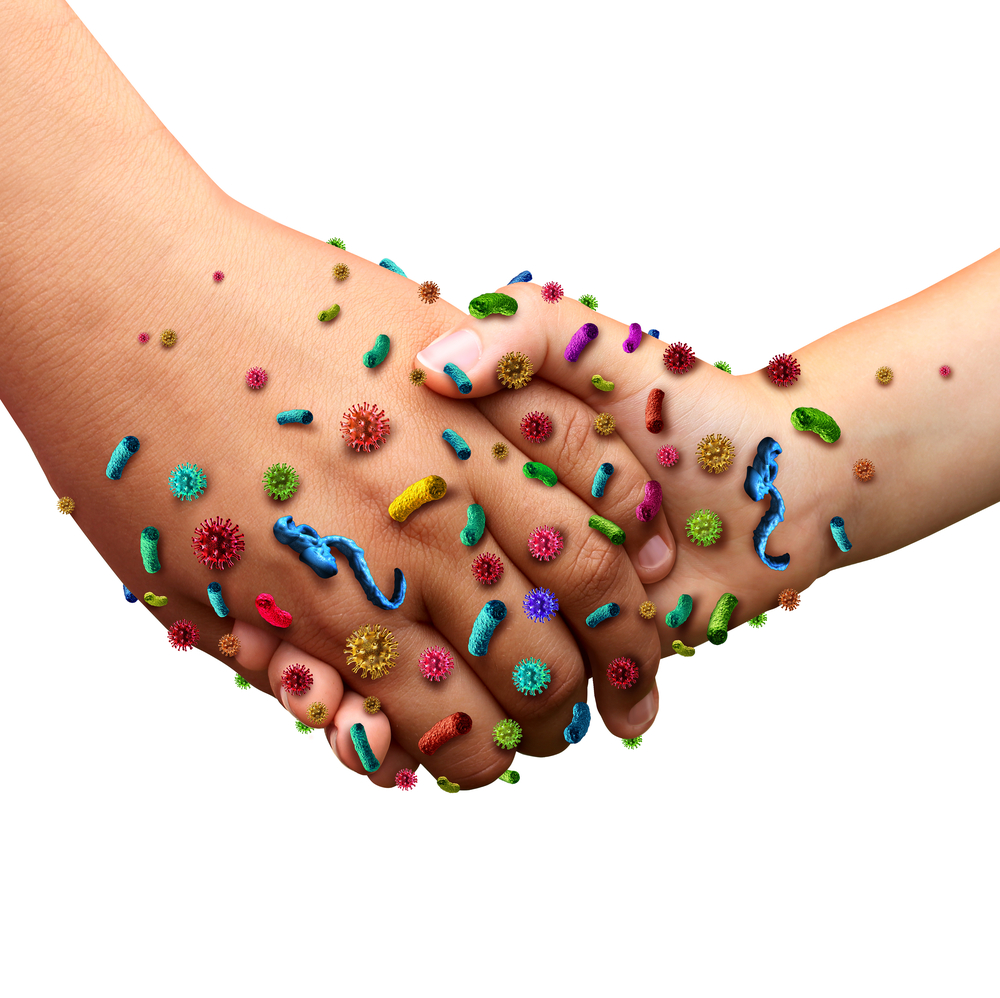 Infectious & Communicable Diseases
Infectious & Communicable Diseases

Infectious diseases are disorders caused by organisms — such as bacteria, viruses, fungi or parasites. Many organisms live in and on our bodies. They're normally harmless or even helpful, but under certain conditions, some organisms may cause disease.
Infectious diseases can cause many different symptoms. Some are so mild that you may not even notice any symptoms, while others can be life-threatening. There are treatments for some infectious diseases, but for others, such as some viruses, you can only treat your symptoms. You can take steps to prevent many infectious diseases:
1) Get vaccinated
2) Wash your hands often
3) Pay attention to food safety
4) Avoid contact with wild animals
5) Don't share items such as toothbrushes, combs, and straws
Both ‘malaria’ and ‘dengue’ are known to be rapidly spreading mosquito-borne diseases and of high importance in terms of both mortality and morbidity.
Dengue Fever :lasts for up to seven days often with a drop and then small resurgence towards the end (biphasic pattern), plus headache, swollen and painful joints, and then a rash. Finger and toe joints also get swelled.
Malaria :a short lasting, recurring fever, accompanied by chills and body ache. The short duration and recurrence of symptoms are what really distinguish malaria from other illnesses.
Typhoid :Typhoid is a bacterial infection that can lead to a high fever, diarrhea, and vomiting. The infection is often passed on through contaminated food and drinking water, and it is more prevalent in places where handwashing is less frequent.